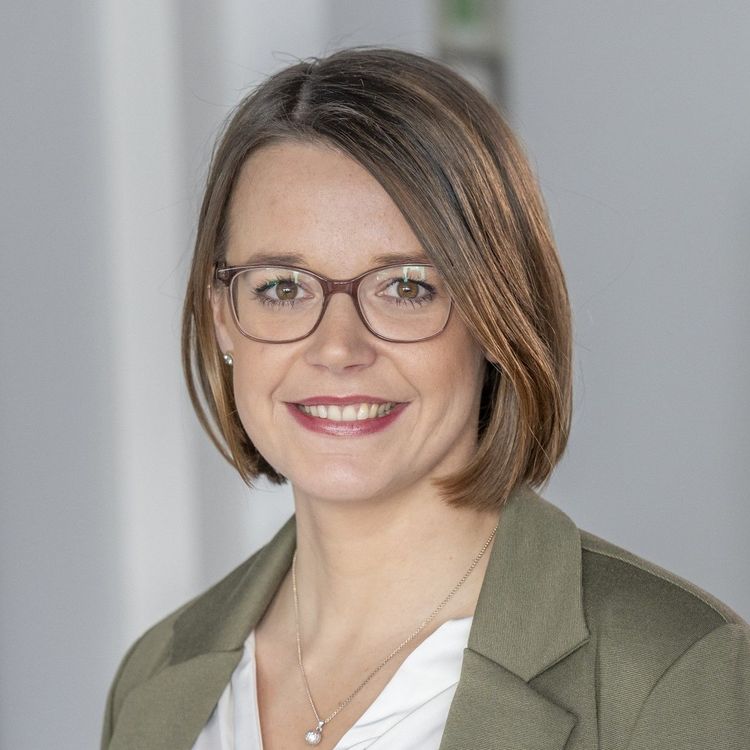Generating new medical knowledge based on clinical data
Prof Dr Antje Wulff has been appointed Professor of Big Data in Medicine at the Department of Health Services Research. She was promoted from junior professor and is therefore not new to the University of Oldenburg. The medical informatics specialist researches systems that support clinical personnel in day-to-day decision-making at healthcare facilities.
You have been at the University of Oldenburg for almost two years as a junior professor professor. What brought you here?
The main attraction for me was the young School of Medicine and Health Sciences, which offers many opportunities, and its cooperation model with four hospitals in the region. This is exciting and also challenging for my area of research, which is about the exchange, structuring and utilisation of medical data.
Can you tell us more about your research?
In our department we research the utilisation of routine medical data. This includes all data routinely collected in the context of healthcare services, for example vital parameters such as a patient's respiratory rate, blood pressure and heart rate, but also data about the treatments they have undergone, treatment sequences, prescribed medications and much more. Bringing this data together in a standardised way – after pseudonymisation of course – and designing innovative data-driven algorithms can help us to identify new correlations and gain new insights. On this basis, we research the development of systems that support clinical personnel in their decision-making, for instance when it comes to diagnoses or treatment.
What do you like about your field?
Working with large amounts of data is a very topical issue, and in many areas. With new informatics methods we have the potential to create new knowledge and ultimately use that knowledge to help people. And although this undoubtedly applies to other areas, too, the impact is of course particularly powerful in medicine. I also like playing the role of mediator between the two worlds of informatics and medicine. At first glance, they may not seem to have much in common, but if you take a closer look you soon realise that data processing has always been part of medicine. I enjoy working with medical professionals and sometimes also directly with patients.
What are your plans for the next few months here at the university?
We want to continue to expand our department, and I would also like to become better acquainted with those medical departments of the University Medicine Oldenburg and in the region with which I am not yet familiar. As an informatics expert, naturally I teach informatics, but I would also like to add special formats to the medical courses. I believe that data literacy and an understanding of the digital possibilities is important for medical professionals.
Who or what made a big impact on you during your studies?
Although I work in research today, the practical experience I gained during my dual study programme had a huge impact on me. It was good because it meant I could see how my degree was connected to my future career. Later on, in my professional life, working in real clinical environments like a university hospital made a big impact on me. My very first project was related to paediatric intensive care medicine, and it really is a special moment when you visit the ward and talk to the doctors there about digital solutions.
Your tip for surviving on campus?
For me, the main thing is not to just want to survive on campus, but also to have fun. Of course, you should have a goal in mind and pursue it doggedly. But pursuing that goal should be fun. After all, it could be something you'll be doing for the rest of your life. Once you've found something you enjoy – no matter how much of a niche thing it may be – it pays off to talk to others about it. That's the only way to find like-minded people.



